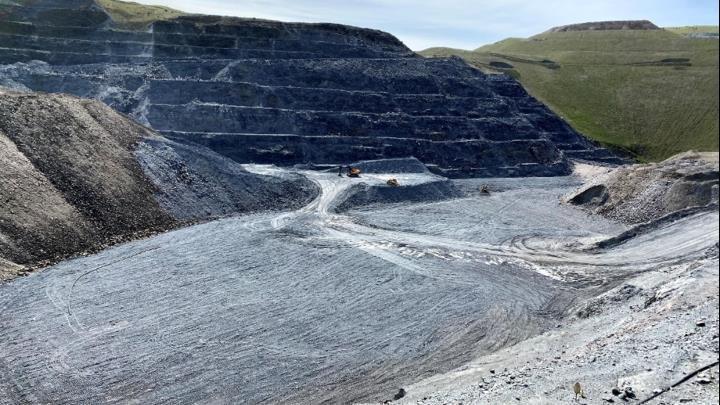The inflation event of the 1970s was difficult to control at the time. It occurred after the money supply was greatly expanded in the 1960s. Money was needed because of the Vietnam War and the social measures that followed. Then the first oil crisis came along as well. As a result, inflation rose to about ten percent. Wages and salaries then rose as well. The Bundesbank was only able to stop the wage-price spiral when it raised the discount rate to seven percent. Such an increase is hardly conceivable given the current mountains of debt.
A huge debt crisis is also developing in China, just think of the Evergrande disaster. This is creating problematic situations in the credit and real estate markets. This could spill over to us. And China’s economic development is also affecting the rest of the world. Printing money to create liquidity is fueling inflation. You can see where inflation can lead in Venezuela, for example. The Venezuelan currency has lost massive value against the US dollar in recent years. There, gold serves as money, and in the less densely populated areas, prices in gold are attached to goods and services, because gold can be used to pay for everything here. From a historical perspective, the value of the precious metal is particularly high when real interest rates go down and inflation prevails.
The central banks will therefore have difficulties fighting inflation. It is therefore wise to invest in gold or gold companies today, such as OceanaGold – https://www.youtube.com/watch?v=ZMT6gNJXDz4 -. With properties in New Zealand, the US and the Philippines, the company is well positioned.
Victoria Gold – https://www.youtube.com/watch?v=oi0GmtOrxLM – produces at its Eagle gold mine in the Yukon. This is part of the Dublin Gulch gold property.
Current company information and press releases from OceanaGold (- https://www.resource-capital.ch/en/companies/oceanagold-corp/ -) and Victoria Gold (- https://www.resource-capital.ch/en/companies/victoria-gold-corp/ -).
In accordance with §34 WpHG I would like to point out that partners, authors and employees may hold shares in the respective companies addressed and thus a possible conflict of interest exists. No guarantee for the translation into English. Only the German version of this news is valid.
Disclaimer: The information provided does not represent any form of recommendation or advice. Express reference is made to the risks in securities trading. No liability can be accepted for any damage arising from the use of this blog. I would like to point out that shares and especially warrant investments are always associated with risk. The total loss of the invested capital cannot be excluded. All information and sources are carefully researched. However, no guarantee is given for the correctness of all contents. Despite the greatest care, I expressly reserve the right to make errors, especially with regard to figures and prices. The information contained herein is taken from sources believed to be reliable, but in no way claims to be accurate or complete. Due to court decisions, the contents of linked external sites are also co-responsible (e.g. Landgericht Hamburg, in the decision of 12.05.1998 – 312 O 85/98), as long as there is no explicit dissociation from them. Despite careful control of the content, I do not assume liability for the content of linked external pages. The respective operators are exclusively responsible for their content. The disclaimer of Swiss Resource Capital AG also applies: https://www.resource-capital.ch/en/disclaimer/
Swiss Resource Capital AG
Poststrasse 1
CH9100 Herisau
Telefon: +41 (71) 354-8501
Telefax: +41 (71) 560-4271
http://www.resource-capital.ch
Telefon: +49 (2983) 974041
E-Mail: info@js-research.de
![]()

